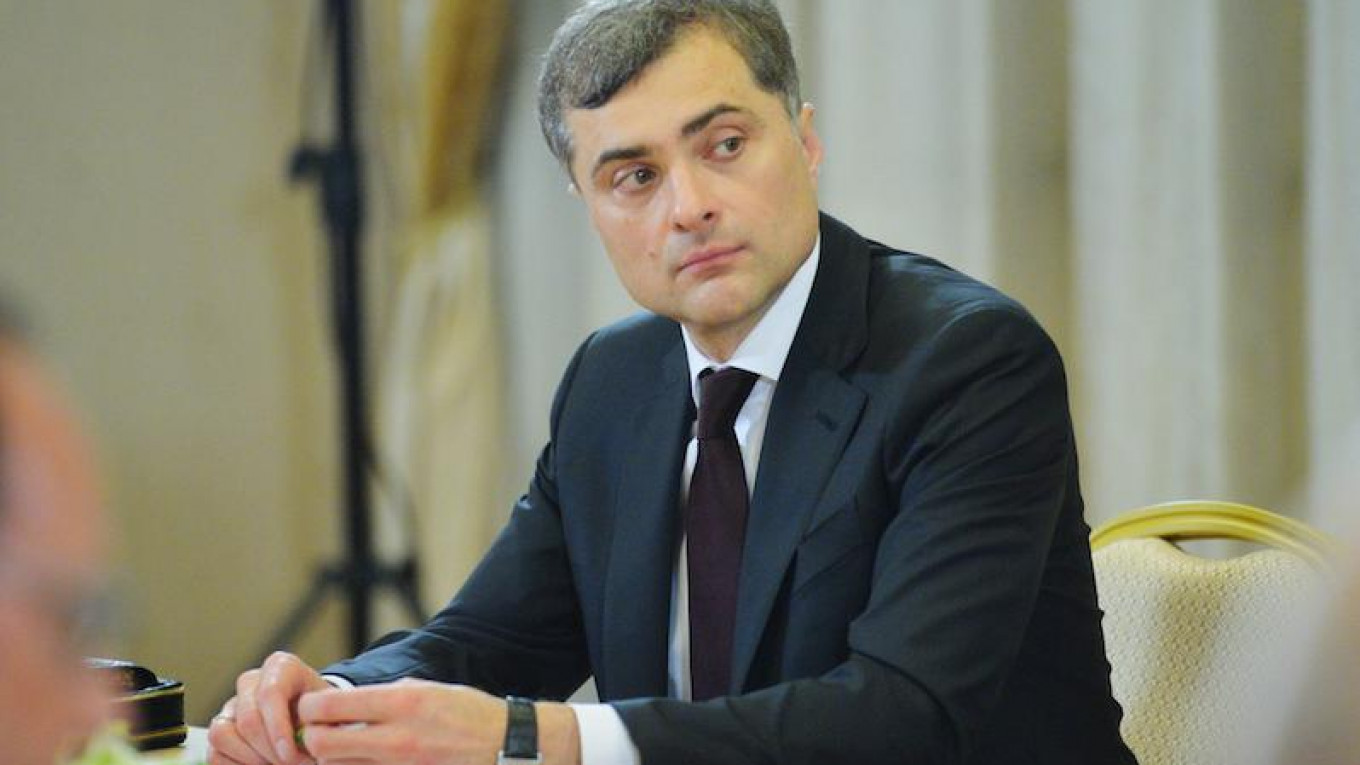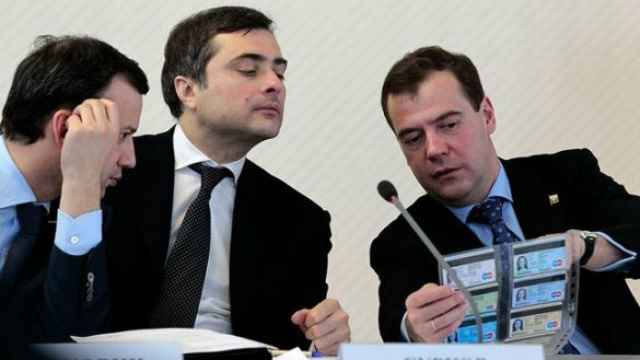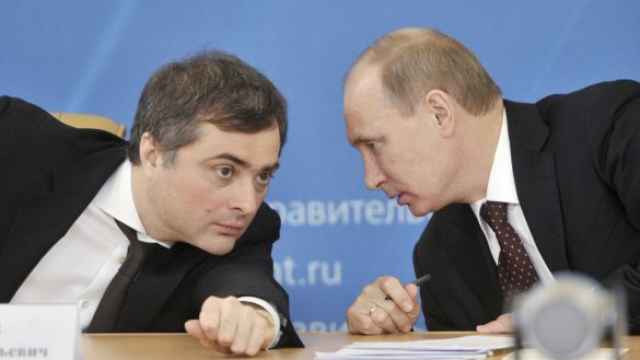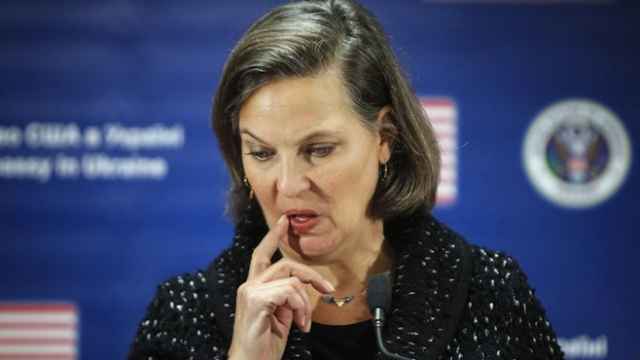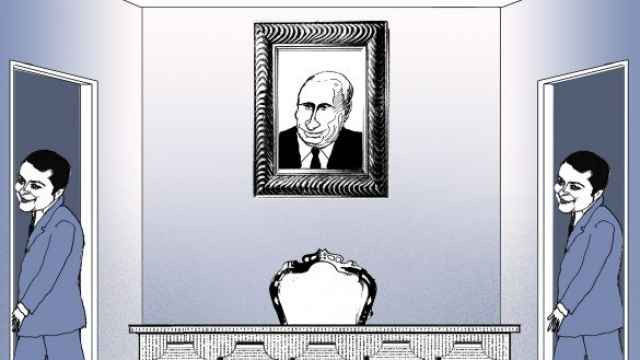Ukrainian hackers leaked another cache of emails from former presidential aide Vladislav Surkov on Thursday, according to media reports. Like the first leak from last week, the new cache of messages from November 2014 to September 2016 contains revelations about the Kremlin's ties to armed separatists in Ukraine's Donbass region.
Most of the reports found in this second leaked inbox are related to Ukraine, and specifically, its parliamentary body, the Verkhovna Rada. While the emails don't contain any major revelations, they do illustrate how Surkov was involved in managing the self-proclaimed Donetsk People's Republic and various pro-Russian activities in Ukraine.
In one correspondence, Surkov and a Russian Duma deputy discuss the topic of fomenting unrest in the industrial city of Kharkov. Suggestions include forming pro-Russian organizations, organizing anti-government demonstrations, and warning Kharkov residents that the Kiev government and the Pravy Sektor (Right Sector) extremist group plan to attack their city.
In another email on the topic of weapons to be withdrawn from the front line in accordance with the Minsk Agreements, the TOS-1 heavy flamethrower system is mentioned. This weapon is manufactured exclusively in Russia and was never exported to Ukraine.
The email inboxes were operated by two of Surkov's assistants, named Maria and Yevgenia. Although Kremlin spokesman Dmitry Peskov dismissed the emails, claiming that Surkov does not use email, experts vouch for the authenticity of the messages based on header data and details within the messages themselves.
A Message from The Moscow Times:
Dear readers,
We are facing unprecedented challenges. Russia's Prosecutor General's Office has designated The Moscow Times as an "undesirable" organization, criminalizing our work and putting our staff at risk of prosecution. This follows our earlier unjust labeling as a "foreign agent."
These actions are direct attempts to silence independent journalism in Russia. The authorities claim our work "discredits the decisions of the Russian leadership." We see things differently: we strive to provide accurate, unbiased reporting on Russia.
We, the journalists of The Moscow Times, refuse to be silenced. But to continue our work, we need your help.
Your support, no matter how small, makes a world of difference. If you can, please support us monthly starting from just $2. It's quick to set up, and every contribution makes a significant impact.
By supporting The Moscow Times, you're defending open, independent journalism in the face of repression. Thank you for standing with us.
Remind me later.


